This bill is an improvement - EFL chair
English Football League chairman Rick Parry says he hopes a "seminal" review of the game by a new independent regulator could help overcome years of deadlock with the Premier League over a "fundamental financial reset".
Strengthened legislation to establish a body to oversee the elite men's club game was relaunched by the government last month, and begins its second reading in parliament on Wednesday.
About 40 peers are scheduled to speak in the House of Lords before any potential amendments are debated.
Parry says the Football Governance Bill is "an improvement" on a version introduced by the previous government, and which failed to become law before the General Election was called in May.
In a wide-ranging interview, he also told BBC Sport:
concerns that the regulator could impact the Premier League’s competitiveness were "nonsense"
he expects the regulator to provide "consistency of regulation" amid a "willingness [by] clubs at the drop of a hat to challenge the whole system", warning that the game "will grind to a halt unless we find a solution for that"
the parachute payments to clubs relegated from the Premier League have got "way too big", and it was "intellectually incoherent" to exclude them from the regulator’s scope in the original legislation
he "passionately believes" that the coach of the national team should be English.
What's the background?
The landmark legislation will give the regulator powers to assess the impact of the Premier League's controversial 'parachute payments' to relegated clubs as part of a 'State of the Game' review every five years.
Its findings could influence which proposed sharing model the regulator may then impose - the Premier League's or the EFL's - if it is asked to decide how much money the top flight should redistribute to the football pyramid.
"We’ve been real enthusiasts about the review, a proper independent analysis of the game's finances," Parry told BBC Sport.
"We think it’s a seminal piece of work.
"It’s never been done before… that should form the basis for the solution for whatever the revenue-sharing formula is going to be.
"You’d hope that both parties would come close to it, but there’s no guarantee of that… as we’ve seen we’re not very good at coming to deals."
When asked if he was confident the two leagues could agree without the regulator having to enact its 'backstop power' to decide on a settlement, Parry said: "Not really. We’d love to get a deal done, but [there’s] no signs to suggest it's going to be straightforward or quick."
Parachute payments 'way too big'
The EFL has been calling for the Premier League to share 25% of its media revenues, but talks collapsed in March. Parachute payments are among the reasons the two leagues have been unable to reach a new financial settlement worth an average £125m per year extra, despite years of negotiations and pressure from politicians.
The EFL believes the payments - worth tens of millions of pounds to relegated clubs - distort competition and encourage reckless spending among Championship clubs. The Premier League insists the payments are essential to give club owners the confidence to invest.
After they were excluded from the previous bill, Parry is "pleased" that the regulator can now consider them if deemed of risk to financial sustainability.
"We’re not saying they should be abolished," said Parry.
"They should be properly considered alongside other distributions, so the fact they are is good. Because they’re a proportion of the Premier League’s TV revenues, they have exploded over the last 20 years.
"They’ve just got way too big and it needs a rethink. It really is about how do we make sure relegated clubs are protected, but there’s fair competition within the Championship.
"We’re all about sustainability and to achieve that what we really need is the position where we have sporting jeopardy without financial catastrophe."
'Premier League concerns are nonsense'
Parry, who was the Premier League's first chief executive from 1992 to 1997, said the game needs "fairer distribution of revenues".
He added: "If you go to the first year of the Premier League in 1992-93, the difference in turnover [with the] EFL was £11m. It’s now £3.3bn. That’s a chasm that’s not bridgeable, so we do need a reset."
Amendments can be made to the legislation as it passes through parliament, and Parry says his "strong preference" is for the regulator to have the power to dictate its own financial settlement, rather than having to choose one of the proposals put forward by the leagues.
Last month the Premier League expressed concern at the regulator having "unprecedented and untested powers to intervene in the distribution of [its] revenues" and said it could have "a negative impact on competitiveness, clubs' investment in world-class talent and the aspiration that drives our global appeal and growth".
It is talking to government with a view to persuading it to make changes to the framework of the legislation in order to avoid what it has called "unintended consequences".
However, Parry said fears the Premier League’s competitiveness could be affected were "nonsense".
"In 2018-19 it was paying £1.6 billion more in wages than the other major European leagues. Ten years previously it was £567m more, so the gap had grown by a billion, which is frankly extraordinary."
'Questions over club mentality on legal cases'
Parry also expressed concern at “a whole raft of competition law cases which are impacting on the way that we run the game".
He continued: "Having been left more or less free to set their own rules for many years, now the competition law authorities… seem to be saying, 'we don't think that the people running football are doing a terribly good job of it'.
"To be looking over our shoulder all of the time with challenges from clubs if they don't like rules… the game will grind to a halt unless we find a solution for that."
In September, Leicester City won an appeal against a possible points deduction for an alleged breach of financial rules, when an independent panel found the Premier League did not have the jurisdiction to punish the club as it had been relegated to the Championship when their accounting period ended. The ruling indicated the wording in the Premier League's regulations was not legally sound.
Last month two aspects of the Premier League’s associated party transaction rules - which regulate commercial deals involving clubs' owners - were deemed unlawful by a tribunal after being challenged by Manchester City, which has since threatened further legal action.
"It's certainly getting a lot more difficult," said Parry.
"I have no problem with us having to be more professional and to be at the top of our game because that's where we should be. But it's the willingness of clubs at the drop of a hat to challenge the whole system.
"You have to question how long you can function effectively while that mentality exists, and we have to find a solution to that.
"The way in which we ensure consistency of financial regulation across the two leagues isn't working. One thing a single independent regulator will bring is that consistency."
The legislation will "explicitly require clubs to provide effective engagement" with fans on changes to ticket prices, and any proposals to relocate home grounds. It will no longer be required to consider government foreign and trade policy when approving club takeovers, and there will be "a clear commitment" to do more to improve equality, diversity and inclusion.
Nineteen amendments have been proposed by the Fair Game campaign group, including excluding the possibility that the owner of a club could be a state or state-controlled entity, and making the state of the game review assess player welfare, along with an examination of multi-club ownership.
'Proper plans' for English coaches
Parry also called on the Football Association to improve the pathway for the development of homegrown coaches after the appointment of German Thomas Tuchel as England manager.
"I passionately believe that the coach of the national team should be English," said Parry, who sits on the FA’s board.
"I think it's incumbent on us now to make sure that we have long-term solutions that we have the right pool of coaches coming through. That young English coaches are not demotivated by the thought 'we're never going to get the top job'.
"So I think in parallel with Thomas doing his utmost to win us the next trophy, it’s really, really important that the FA is putting proper plans in place to make sure that we do improve the pathway. We cannot wait for 18 months and then say 'now we'll pick up the baton'. Now is the time to be to be looking at that."

 Movie
Movie 1 month ago
43
1 month ago
43 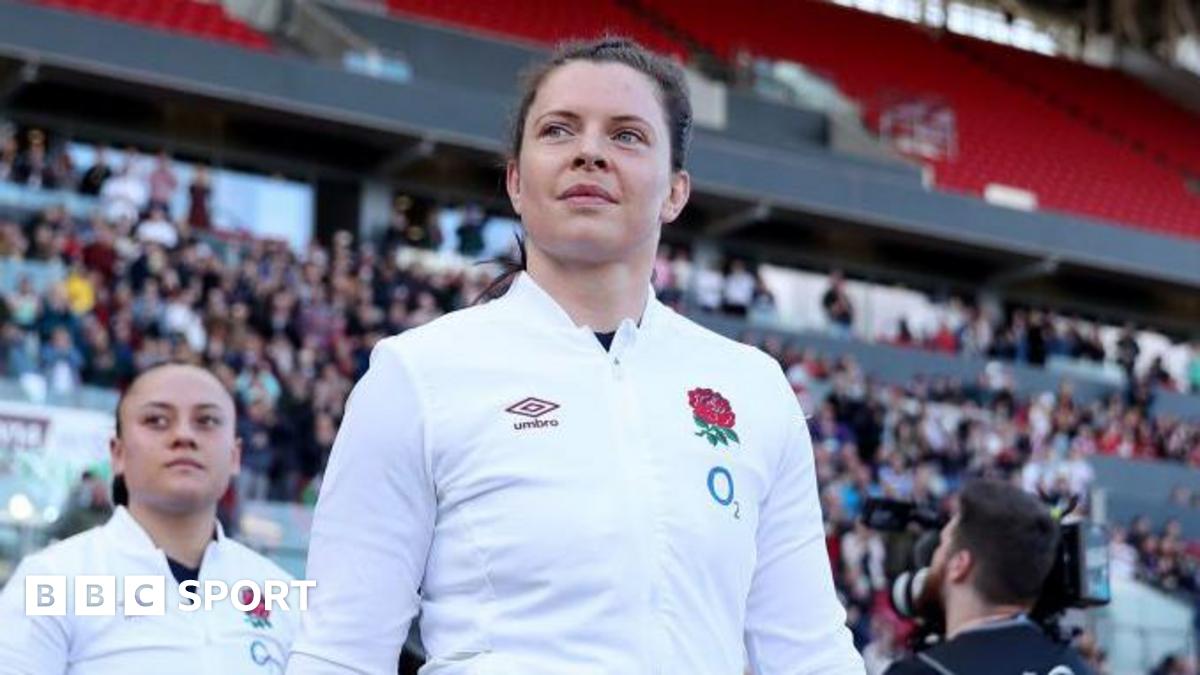
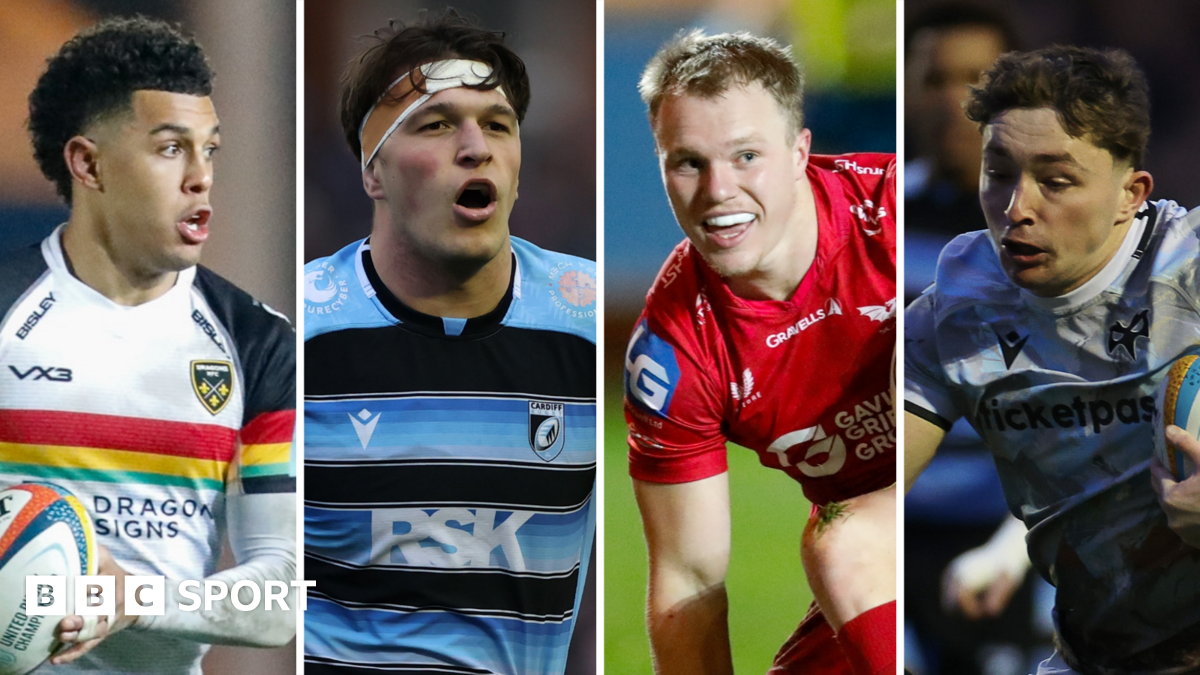
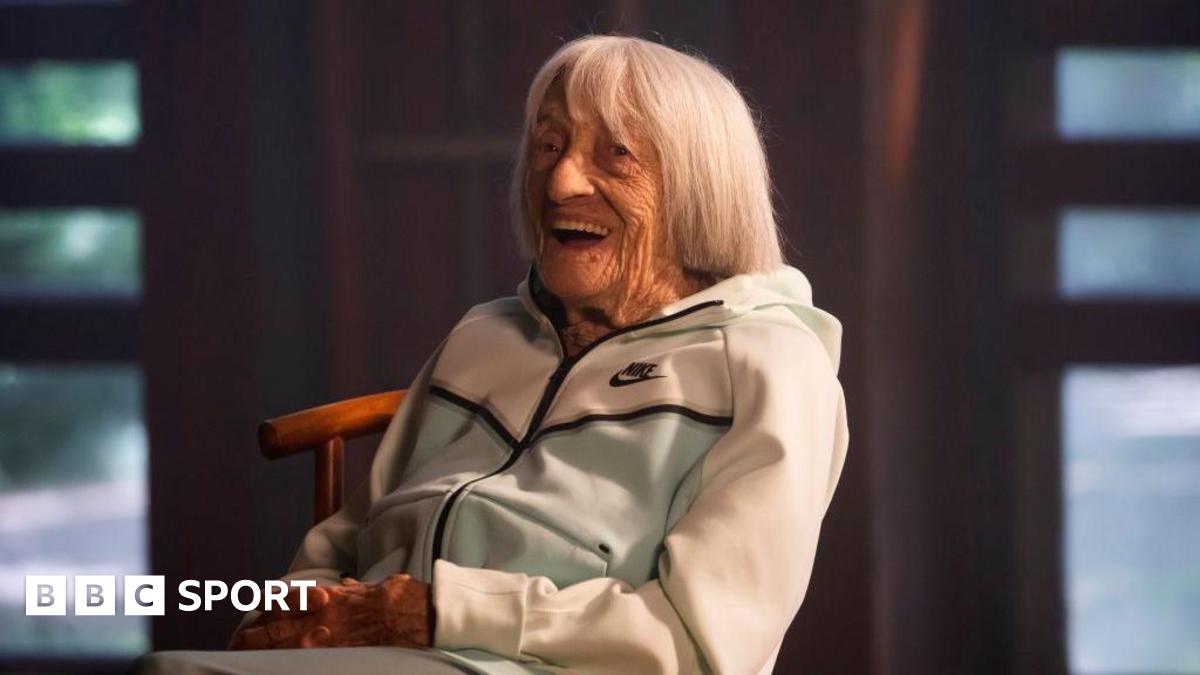
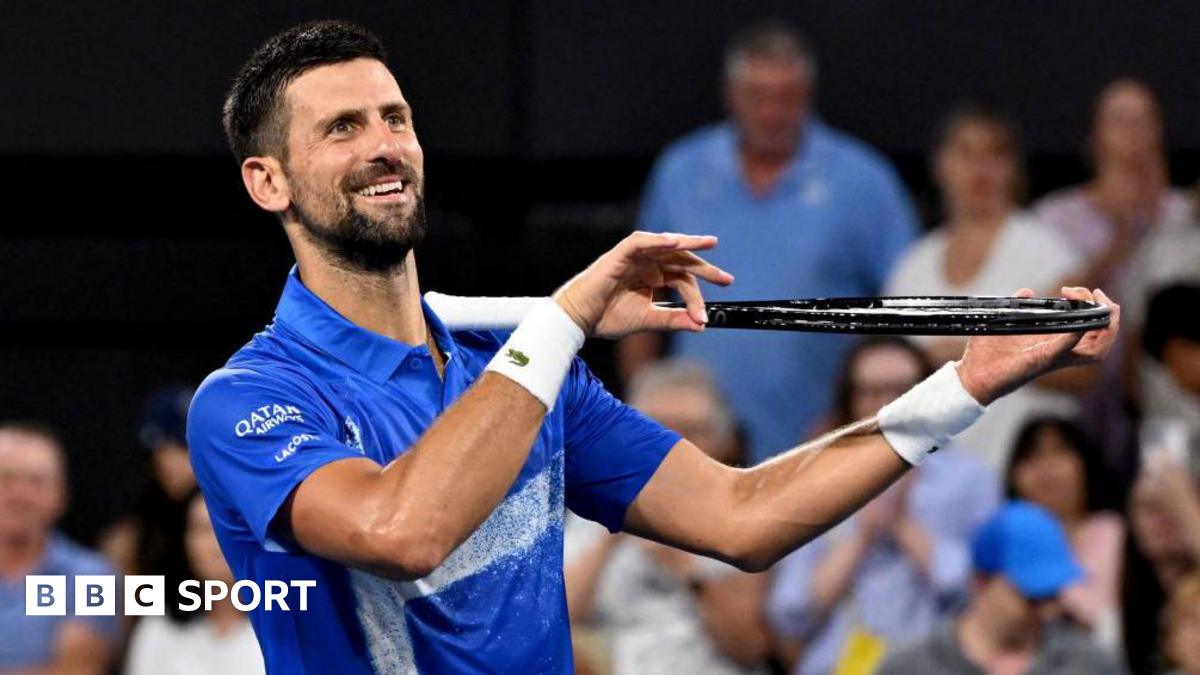
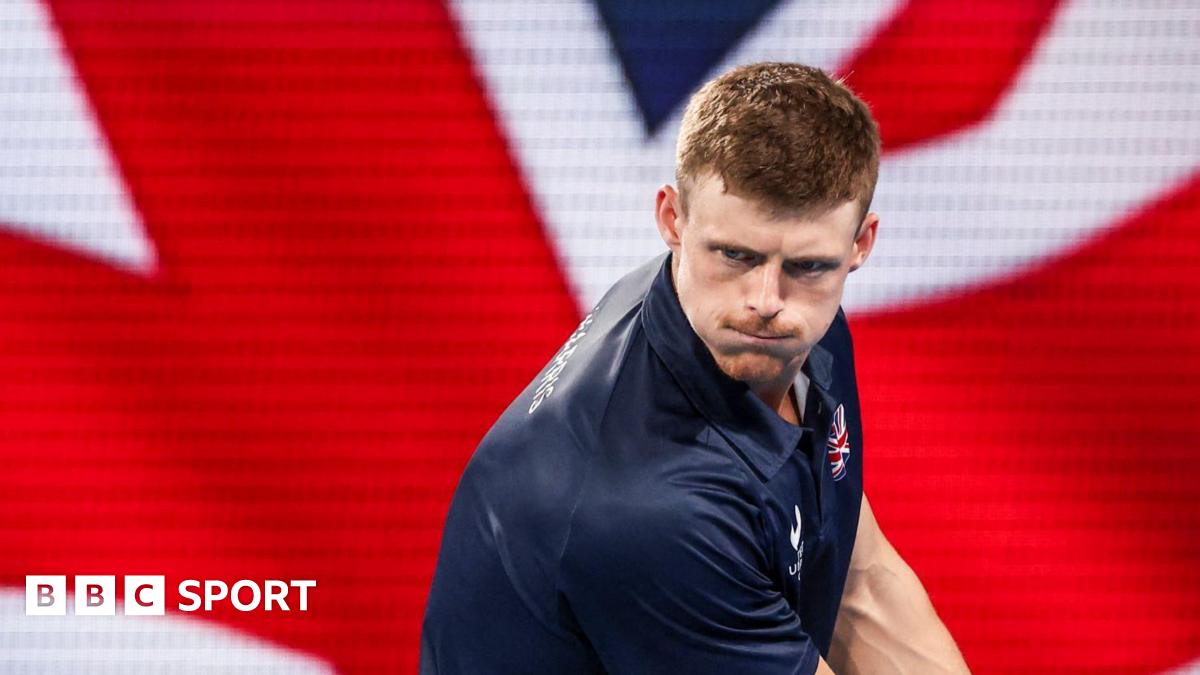
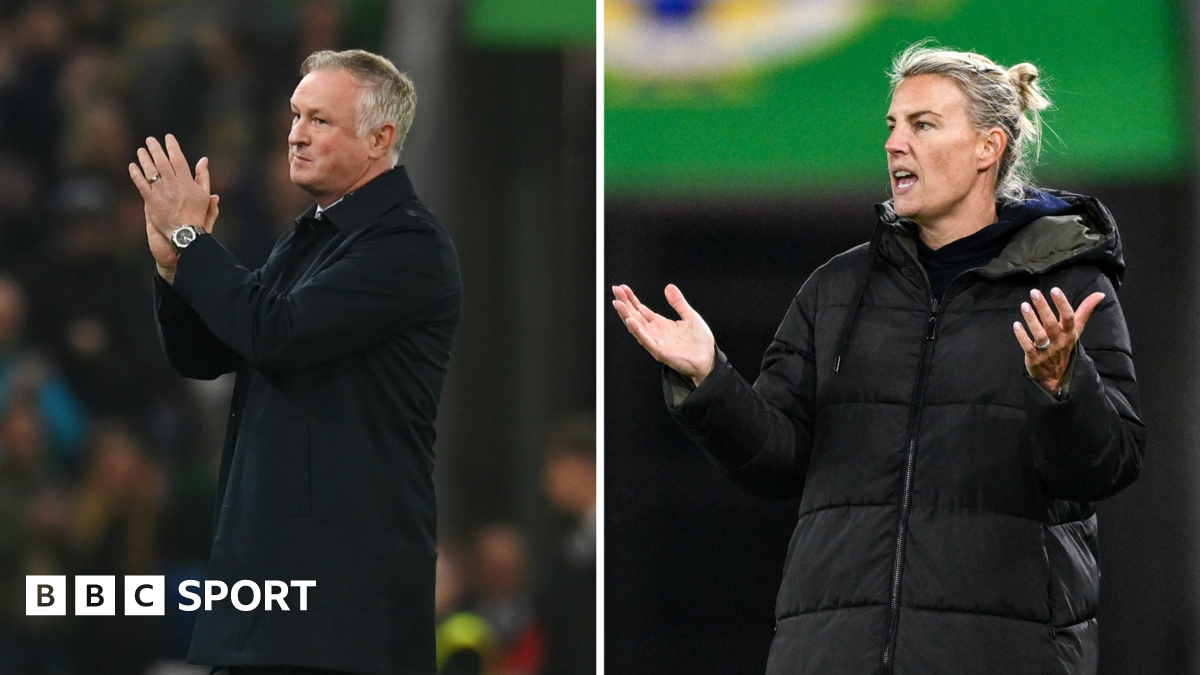

![Presidents Day Weekend Car Sales [2021 Edition] Presidents Day Weekend Car Sales [2021 Edition]](https://www.findthebestcarprice.com/wp-content/uploads/Presidents-Day-Weekend-car-sales.jpg)



 English (United States)
English (United States)